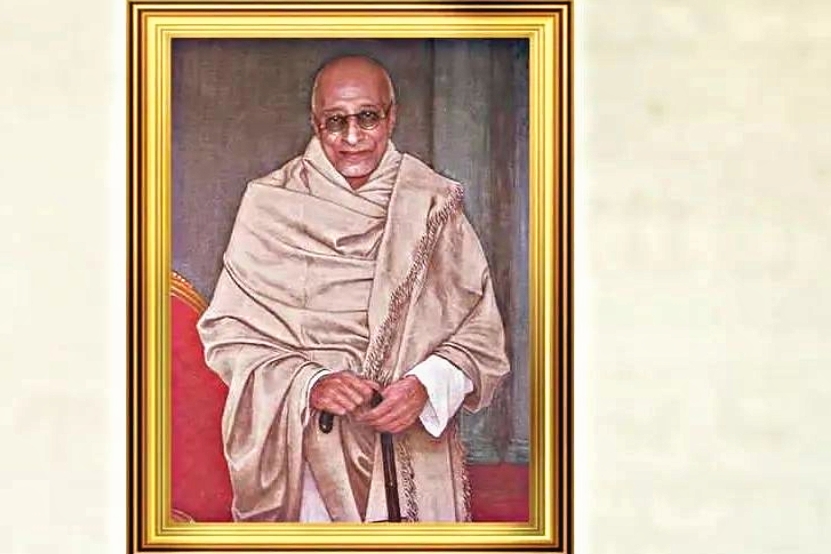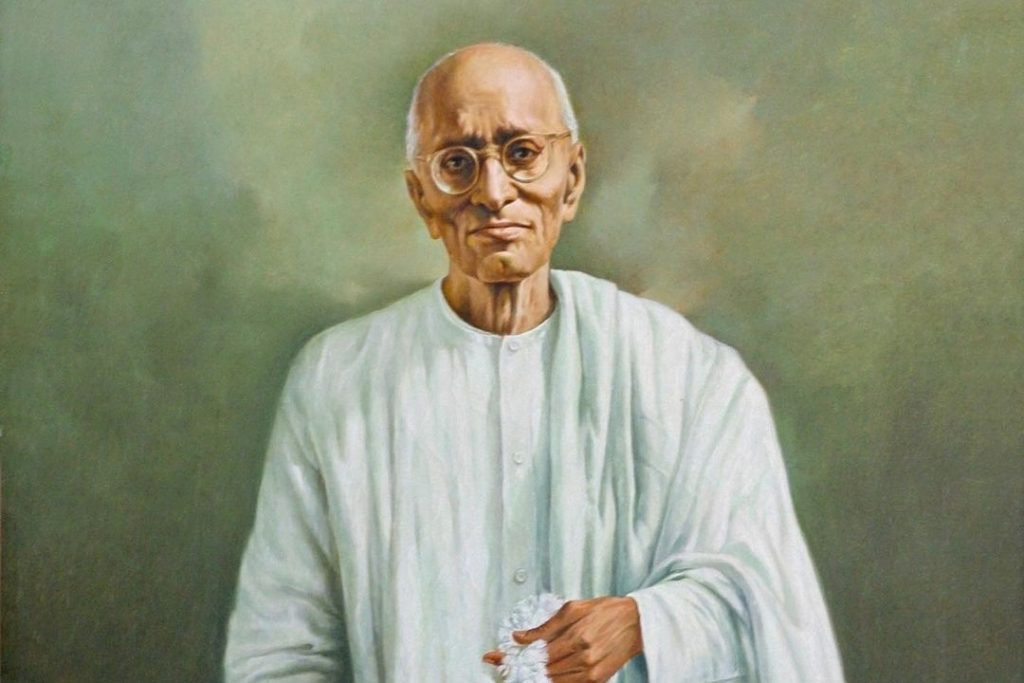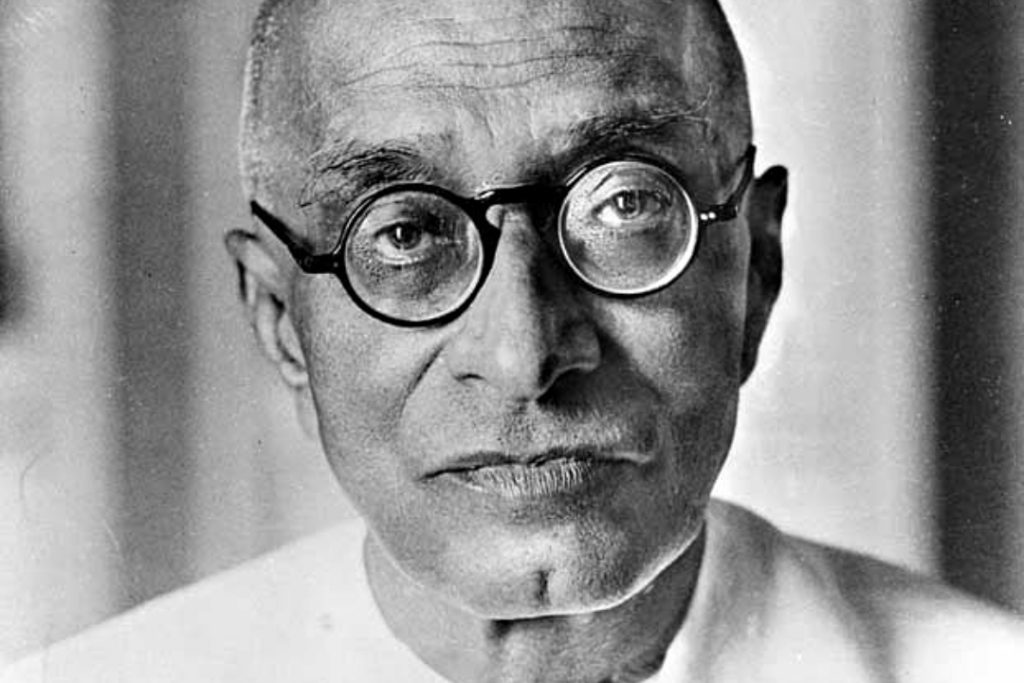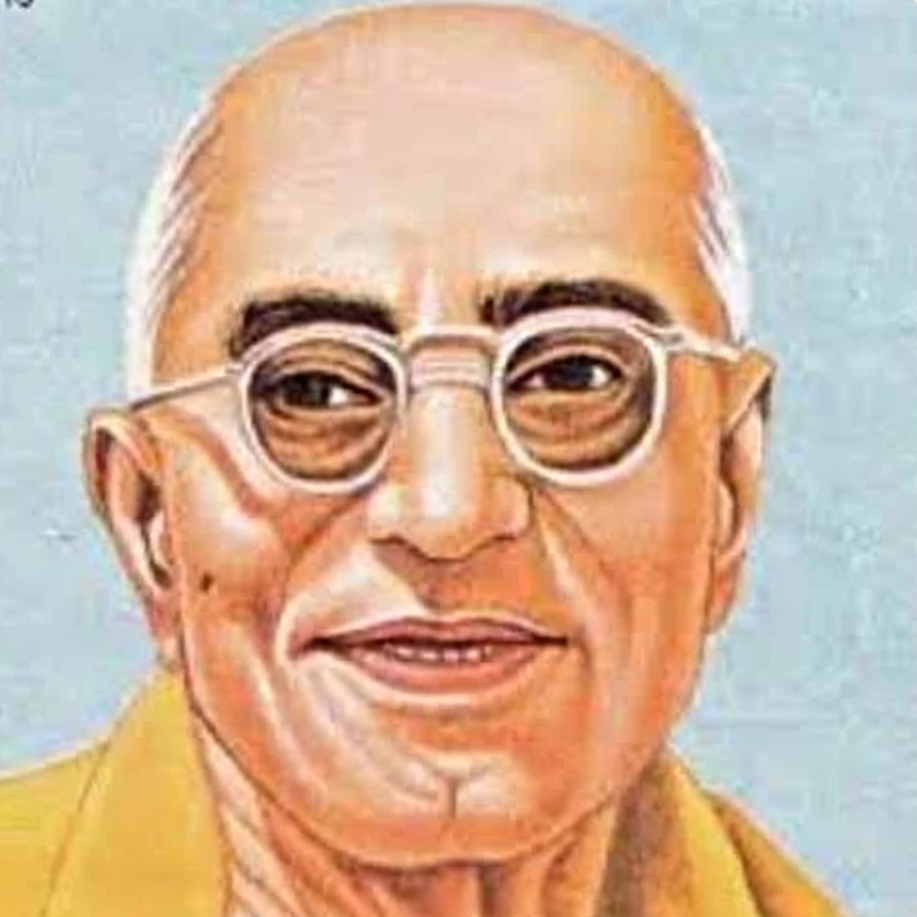Chakravarti Rajagopalachari, widely known as C. Rajagopalachari or Rajaji, stands out as one of the most remarkable personalities in modern Indian history. A freedom fighter, statesman, writer, and social reformer, Chakravarti Rajagopalachari was a pivotal figure in India’s struggle for independence and its subsequent journey as a sovereign nation. His life and work reflect an unwavering commitment to principles, integrity, and the welfare of his people. From his early life to his role as the last Governor-General of India and the founder of the Swatantra Party, Chakravarti Rajagopalachari’s contributions have left an indelible mark on India’s political, cultural, and social landscape.
Early Life and Education
Chakravarti Rajagopalachari was born on December 10, 1878, in Thorapalli, a small village in the Salem district of present-day Tamil Nadu. He was the youngest of four children in a Tamil Brahmin family. His father, Chakravarti Venkataryan, worked as a revenue official for the British government. From a young age, Chakravarti Rajagopalachari displayed a keen intellect, discipline, and curiosity about the world around him.
Rajagopalachari completed his schooling in Hosur and pursued higher education at Central College, Bangalore. He later studied law at the Presidency College, Madras, and became a successful lawyer. His legal career flourished in the early 20th century, but his heart was drawn toward addressing the socio-political issues of his time. The oppressive British colonial regime, the plight of India’s poor, and the quest for independence deeply affected him.
The Beginning of a Revolutionary Journey

The turning point in Chakravarti Rajagopalachari’s life came when he encountered the philosophies of Mahatma Gandhi. The principles of non-violence, truth, and civil disobedience resonated deeply with him. Inspired by Gandhi’s vision for India, Chakravarti Rajagopalachari left his lucrative law practice and dedicated himself to the Indian freedom movement.
He became actively involved in the Indian National Congress, a key platform for the independence struggle. Chakravarti Rajagopalachari quickly rose to prominence as a leader due to his eloquence, intellect, and organizational abilities. He was a key proponent of Gandhi’s campaigns and principles, including the Swadeshi movement, which aimed to promote indigenous industries while boycotting British goods.
The Vedaranyam Salt March
Chakravarti Rajagopalachari’s role in the Salt Satyagraha stands out as one of the defining moments of his revolutionary career. In 1930, Gandhi initiated the Dandi March in protest against the British salt monopoly, and Chakravarti Rajagopalachari organized a parallel march in Tamil Nadu. Known as the Vedaranyam Salt March, this campaign involved a 240-kilometer journey from Tiruchirapalli to Vedaranyam, where participants defied colonial laws by making salt.
The march galvanized public support across southern India and established Chakravarti Rajagopalachari as a leader with the ability to inspire and mobilize people. His arrest during this campaign further cemented his status as a fearless advocate for India’s independence.
Political Leadership in the Madras Presidency
In 1937, Chakravarti Rajagopalachari became the Chief Minister of the Madras Presidency, following the Congress Party’s victory in provincial elections under the Government of India Act, 1935. His tenure as Chief Minister was marked by several progressive reforms. One of his most notable initiatives was the Compulsory Primary Education Act, which aimed to make primary education accessible to all children, including those from marginalized communities.
Rajagopalachari also worked to reform the revenue system, enhance agricultural productivity, and promote social justice. However, his introduction of the Modified School Scheme, which included compulsory education and part-time work for children, drew criticism for imposing caste-based roles, reflecting the complexities of implementing reforms in a deeply hierarchical society.
Chakravarti Rajagopalachari and the Quit India Movement

Chakravarti Rajagopalachari played a significant role in the Quit India Movement of 1942, the mass civil disobedience campaign led by Gandhi demanding the immediate withdrawal of British rule. Although he initially expressed reservations about the timing of the movement, fearing its potential to disrupt the war effort against fascism, he eventually supported it, recognizing its necessity in accelerating India’s path to independence.
His nuanced stance during this period reflected his pragmatic approach to politics. While he opposed violence and extremism, Chakravarti Rajagopalachari firmly believed in the moral and political legitimacy of India’s demand for freedom.
Role as the Governor-General of India
With India achieving independence on August 15, 1947, Chakravarti Rajagopalachari assumed the critical role of Governor-General of India in 1948, succeeding Lord Mountbatten. He became the first and only Indian to hold this prestigious position, marking a significant moment in the transition from colonial rule to self-governance.
During his tenure, Chakravarti Rajagopalachari faced the immense challenge of integrating princely states into the Indian Union. His diplomatic acumen and commitment to national unity played a crucial role in ensuring the successful unification of these territories, a process that was vital to the stability and integrity of the newly independent nation.
Rajagopalachari’s term as Governor-General was characterized by simplicity and efficiency. He prioritized national interests over personal or political gain, embodying the Gandhian ideal of selfless service.
Founding the Swatantra Party
After completing his tenure as Governor-General, Chakravarti Rajagopalachari’s political journey took a new direction. By the late 1950s, he grew increasingly disillusioned with the Congress Party, particularly its socialist policies under Jawaharlal Nehru. He believed that excessive state control over the economy stifled individual freedoms and economic growth.
In 1959, he founded the Swatantra Party, advocating for free-market economics, minimal government intervention, and the protection of individual liberties. The party gained traction among industrialists, landowners, and the middle class, offering a credible opposition to the Congress Party during a period of one-party dominance.
Although the Swatantra Party eventually declined after his death, Chakravarti Rajagopalachari’s ideas about economic liberalization foreshadowed the reforms that India would adopt decades later.
Literary Contributions

Chakravarti Rajagopalachari’s impact extended far beyond politics. He was a prolific writer and translator, known for his works on Indian philosophy, culture, and literature. His most celebrated literary contributions include “Rajaji’s Mahabharata” and “Rajaji’s Ramayana,” which simplified the epic stories for modern readers while preserving their moral and spiritual essence.
Rajagopalachari also authored numerous essays and books on governance, ethics, and social issues. His writing was characterized by clarity, depth, and an enduring relevance, making him one of the most respected intellectuals of his time.
Social Reforms and Advocacy
Chakravarti Rajagopalachari was a passionate advocate for social reform. He worked tirelessly to eradicate untouchability and promote equality in Indian society. His campaigns emphasized the need for education, particularly for women and marginalized groups, as a means of empowering individuals and transforming society.
He was also a vocal critic of the caste system and the discriminatory practices associated with it. His vision for India was rooted in inclusivity, justice, and moral responsibility.
Personal Life and Values
Chakravarti Rajagopalachari’s personal life reflected the simplicity and discipline he preached. Despite his towering stature in public life, he lived modestly, embodying the Gandhian principles of self-reliance and humility. His interactions with people, whether colleagues or common citizens, were marked by empathy and respect.
Rajagopalachari faced personal tragedies, including the loss of his wife and children, with remarkable strength and composure. His resilience in the face of adversity inspired those around him and deepened his understanding of human suffering and compassion.
Legacy of Chakravarti Rajagopalachari
Chakravarti Rajagopalachari passed away on December 25, 1972, at the age of 94. His death marked the end of an era, but his legacy endures as a source of inspiration for leaders, thinkers, and citizens.
He was awarded the Bharat Ratna, India’s highest civilian honor, in 1954, in recognition of his unparalleled contributions to the nation. Schools, roads, and institutions across India bear his name, reflecting the respect and admiration he commands even decades after his passing.
Rajagopalachari’s life offers valuable lessons in leadership, morality, and the pursuit of justice. His emphasis on ethical governance, economic pragmatism, and social responsibility continues to resonate in contemporary times.
Conclusion
Chakravarti Rajagopalachari’s biography is a story of courage, intellect, and unwavering commitment to the ideals of freedom, justice, and equality. From his early days as a lawyer and freedom fighter to his roles as Governor-General and founder of the Swatantra Party, Rajagopalachari’s contributions have shaped India’s political, cultural, and social fabric.
His vision for an inclusive and self-reliant India remains as relevant today as it was during his lifetime. As the nation continues to evolve, Chakravarti Rajagopalachari’s legacy stands as a beacon of hope and a reminder of the values that form the foundation of a just and prosperous society.
Quotes by Chakravarti Rajagopalachari
- “The essence of a democracy is its emphasis on reason and persuasion rather than force and intimidation.”
- This reflects Rajaji’s belief in dialogue and constitutional methods as tools for governance and social progress.
- “Injustice corrodes the soul of a nation, and it is the duty of every citizen to stand against it.”
- Highlighting his commitment to social reform and equality.
- “Economic freedom is as important as political freedom. Without one, the other is meaningless.”
- A foundational principle of the Swatantra Party, which he founded to advocate for free-market policies.
- “True education must build character, inspire courage, and instill a sense of social responsibility.”
- Reflecting his focus on educational reform during his tenure as Chief Minister of Madras.
- “Leadership is about serving others, not being served.”
- Capturing his philosophy of selfless service and Gandhian ideals.
Relevant Quotes by Others on Chakravarti Rajagopalachari
- Mahatma Gandhi: “Rajaji is my conscience keeper.”
- Reflecting the deep mutual respect and intellectual bond between Gandhi and Rajagopalachari.
- Jawaharlal Nehru: “Rajaji combined brilliance with simplicity, a rare quality that made him a great statesman.”
- Highlighting his intellectual and political contributions.
- Dr. S. Radhakrishnan: “Rajagopalachari was a philosopher in politics, blending wisdom with practicality.”
- Summarizing Rajaji’s unique approach to leadership and governance.

